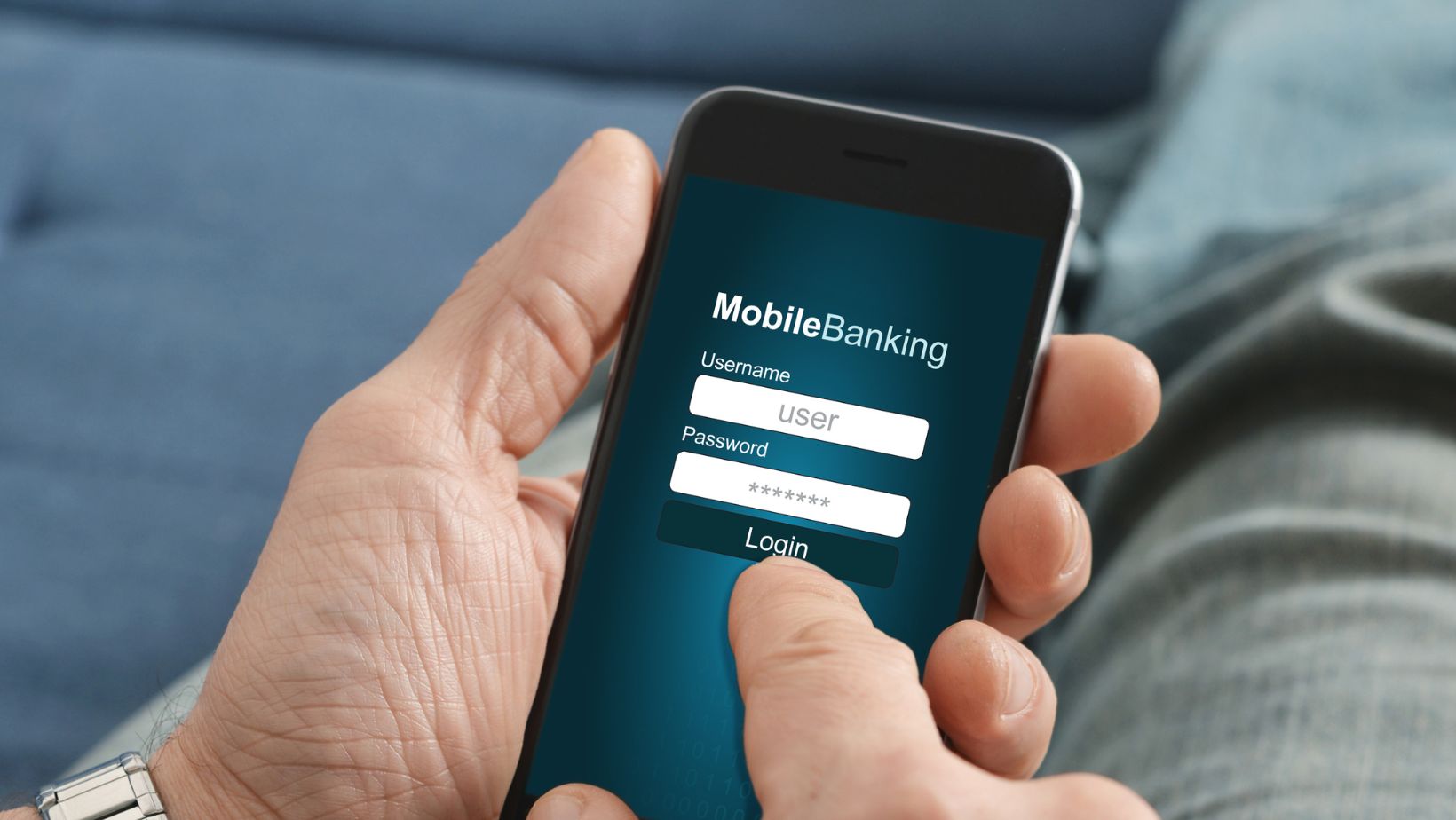What’s Going Down
Thailand’s government, through the Anti-Online Scam Operation Centre (AOC), Bank of Thailand (BoT), Digital Economy & Society (DES) Ministry, and others, has ramped up efforts to freeze funds and even entire bank accounts tied to suspected scam and mule-account activities. Many of those affected are innocent customers — including expats.
Some highlights:
-
Over 1 million accounts have reportedly been frozen across the country as part of the anti-scam crackdown.
-
Transfer limits have also been introduced for many remaining active accounts.
-
For those whose accounts are temporarily frozen, the freeze can be lifted once proof of non-involvement is provided. Authorities are pushing to speed up the review.
Who Among Expats Are Being Most Affected
Different groups are being hit in different ways:
| Expat Type | What’s being reported | Main Risks / Disruptions |
|---|---|---|
| Retirees | Some have found their Thai bank accounts frozen without warning, even though they are long-term visa holders. | Trouble accessing pensions, paying for medical bills, monthly expenses; increased stress needing to provide documents; delayed access to funds. |
| Digital Nomads / Short-Term Visa Holders / Tourists | More at risk of account freezes or seeing limitations, especially those without long-term visas or permanent addresses. Tourist or temporary status sometimes triggers extra scrutiny. | Difficulty doing everyday transactions; some accounts frozen until you physically visit a branch; risk of losing access without proper documentation. |
| Business Owners / Small Merchants | Many merchants report frozen funds, delays in access to business bank accounts, trouble making payments or collecting money. | Lost business revenue; cashflow issues; operational risk; reputational damage if unable to pay suppliers or staff. |
What the Authorities Say & New Measures
Officials are aware of the backlash and are implementing or promising changes:
-
BoT, DES Ministry, banks, and police are setting up special coordination centres (“war rooms”) to speed up investigations and account unfreezes.
-
The government clarified that in many cases only suspicious funds linked to scams are frozen, not entire balances. Full freezes happen when accounts are believed to be used as mule accounts.
-
Banks have been instructed to provide clearer notices to customers: what was frozen, why, what documents are needed, and expected timelines.
-
New targets have been set: in some cases, unfreezing should happen within four business hours once the correct evidence is submitted.
What to Watch Out For
-
“Know Your Customer” (KYC) rules are being strictly enforced. Expats with outdated visas, addresses, or ID documents may be flagged.
-
Even long-term visa holders are not exempt. Practices vary by bank branch, with some people reporting long delays.
-
Business owners face significant disruption, with delays in payments, supplier relationships, and employee salaries.
-
Some people report waiting up to 7–12 business days for their accounts to be fully restored.
What Expats Should Do
Here’s a checklist of action steps to protect yourself and be able to respond quickly if affected:
-
Stay documents updated
Keep your visa, passport, proof of address, and KYC information current. Carry copies, as some banks require in-person verification. -
Keep proof of funds / transaction history
For remittances, salaries, or payments from abroad, keep invoices, contracts, and proof of source. This speeds up verification. -
Split risk
Avoid keeping all your money in one Thai bank account. Consider a second Thai account, or keep some funds abroad. -
Contact your bank proactively
If you’ve recently changed visa type or address, let your bank know to avoid sudden freezes. -
Use official complaint channels
-
AOC hotline (1441) for scams and frozen-account complaints.
-
Bank of Thailand complaint centre (1213).
-
-
Plan for emergencies
Keep some cash or access to foreign accounts for essentials in case your Thai account is inaccessible.
Specific Advice for Different Expat Groups
| Segment | Key Concerns | What to Emphasise |
|---|---|---|
| Retirees | Getting locked out of pensions, medical care, and monthly expenses. | Keep pension deposit records, ensure bank knows your long-term visa status, and check in with your bank regularly. |
| Digital Nomads / Remote Workers | Overseas transfers, irregular income, visa changes. | Keep contracts and records of payments, use consistent accounts, and update visa and address details. |
| Business Owners / Merchants | Cash flow, paying suppliers, employee salaries. | Maintain reserve funds or secondary accounts, keep all business KYC documentation up to date, and prepare to show transaction records if flagged. |



